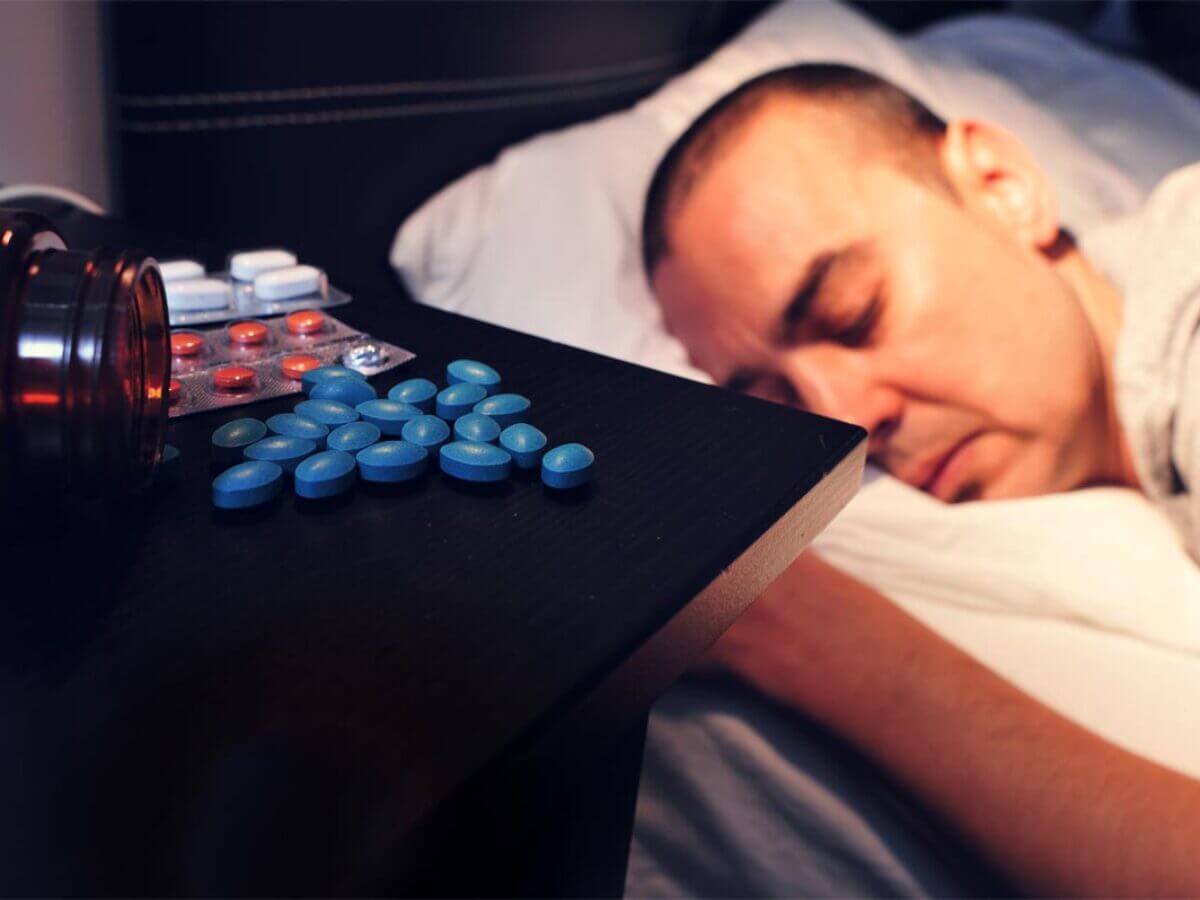Insomnia is a common sleep disorder that affects millions of people worldwide. It can lead to difficulties falling asleep, staying asleep, or waking up too early. The impact of insomnia extends beyond just feeling tired; it can affect your overall health, mood, and daily functioning. While lifestyle changes and behavioral therapies are often recommended as first-line treatments, medications can also play a crucial role in managing insomnia. Here’s a comprehensive guide to the best medications for insomnia.
- Benzodiazepines
Benzodiazepines have been used for decades to treat insomnia and other anxiety-related disorders. They work by enhancing the effect of the neurotransmitter GABA, which promotes relaxation and sleep. Common benzodiazepines used for insomnia include:
– Temazepam (Restoril): Typically prescribed for short-term use due to its potential for dependence.
– Lorazepam (Ativan): Known for its effectiveness, but should be used cautiously, especially in older adults.
Pros: Effective for both sleep onset and sleep maintenance insomnia.
Cons: Risk of dependence, tolerance, and withdrawal symptoms. They can also impair memory and cognitive function.
- Non-Benzodiazepine Hypnotics (Z-Drugs)
Non-benzodiazepine hypnotics, often referred to as Z-drugs, are specifically designed to treat insomnia with fewer side effects compared to traditional benzodiazepines. They work similarly by enhancing GABA activity but are more selective in targeting sleep-related receptors.
– Zolpidem (Ambien): Effective for sleep onset and sometimes for sleep maintenance in its extended-release form.
– Eszopiclone (Lunesta): Known for its longer half-life, making it suitable for sleep maintenance insomnia.
– Zaleplon (Sonata): Best for sleep onset due to its short half-life, allowing for use even in the middle of the night.
Pros: Lower risk of dependence and less impact on next-day cognitive function.
Cons: Can still cause side effects like dizziness, headache, and in rare cases, complex sleep behaviors like sleepwalking.
- Melatonin Receptor Agonists
Melatonin is a hormone that regulates the sleep-wake cycle. Melatonin receptor agonists are designed to mimic the effects of natural melatonin.
– Ramelteon (Rozerem): Specifically targets melatonin receptors to promote sleep onset. It’s particularly useful for those with difficulty falling asleep.
Pros: Non-habit forming and safe for long-term use.
Cons: May not be as effective for sleep maintenance insomnia.
- Orexin Receptor Antagonists
Orexin is a neurotransmitter that promotes wakefulness. Orexin receptor antagonists block the activity of orexin, thereby promoting sleep.
– Suvorexant (Belsomra): Effective for both sleep onset and sleep maintenance insomnia.
Pros: Novel mechanism of action with a lower risk of dependence.
Cons: Possible side effects include next-day drowsiness, headache, and unusual dreams.
- Antidepressants
Some antidepressants are also used to treat insomnia, especially in cases where insomnia is associated with depression or anxiety.
– Trazodone: Commonly prescribed for its sedative effects at lower doses.
– Amitriptyline: A tricyclic antidepressant that can help with sleep but may cause significant morning grogginess.
Pros: Useful for patients with co-occurring depression or anxiety.
Cons: Potential for significant side effects, including daytime drowsiness, weight gain, and dry mouth.
- Over-the-Counter (OTC) Sleep Aids
There are several OTC medications available for insomnia, often containing antihistamines or melatonin.
– Diphenhydramine (Benadryl): An antihistamine that induces drowsiness and is commonly found in OTC sleep aids.
– Melatonin Supplements: Widely used for regulating sleep patterns, especially for jet lag or shift work-related insomnia.
Pros: Readily available without a prescription.
Cons: Antihistamines can cause next-day drowsiness and may not be suitable for long-term use.
Conclusion
Choosing the right medication for insomnia depends on various factors, including the type of insomnia, underlying health conditions, and potential side effects. It’s essential to consult with a healthcare provider to determine the most appropriate treatment option for your specific situation. While medications can be highly effective in the short term, they are often most successful when combined with lifestyle changes and cognitive-behavioral therapy for long-term management of insomnia.
